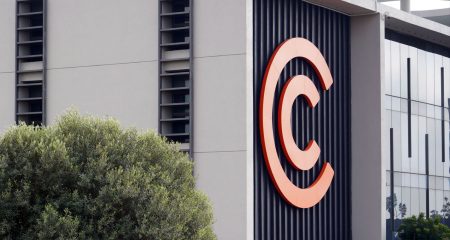
The South African Financial Exchange (SAFE) has joined a growing list of new exchanges angling to destabilise the JSE’s monopoly over South Africa’s equities market.
Its founder, Francois Venter, is a chartered accountant and former Bond Exchange of South Africa executive, who was instrumental in setting up the Seychelles Financial Exchange (Trop-X) in 2013.
He has also written rules for stock exchanges in several African countries and says the JSE’s days of being the only securities exchange in the country are numbered.
“If you look at the rest of the world, all the developing markets have more than one exchange,” says Venter. “Russia has four, China has four, India has 21…”
The SAFE has been working in conjunction with various government agencies to accelerate the growth of small businesses, by allowing companies to make equity funding more accessible. As part of a public-private partnership with the new exchange, companies will be able to raise money that will enable them to create 150 000 jobs in the near term and about 500 000 in 10 years’ time, according to Venter.
“If you look at what the Nasdaq did [in the US], they started with seven companies in the 1970s and now they have over 13 000 companies in all their boards,” he says. “There are 2 000 to 3 000 small companies out there that want their stocks traded. And there’s a huge void in the market for someone to provide that service for them.”
Unlike some of the other exchanges that have a specific target market, such as 4AX and ZAR X, the SAFE intends to compete directly with the JSE, with plans to have 10 boards, including commodities, venture capital and small-to-medium enterprises (SME) boards. It will also cater to companies trading in the over-the-counter market, which is currently not regulated. On the main board, Venter says it will offer cheaper and faster processing.
The exchange will make it easier for companies to list, unlike at the JSE where, according to Venter, the listing requirements are 497 pages long. For venture capitalists, it will be possible to list without having a track record. A five-year forecast of your product or business model will do, while SMEs would only need to provide one year’s financial statements. The commodities board will also make it easier for small mining companies.
Says Venter: “If you’re a junior miner and you want to start a mine … you don’t have any revenue so you can’t list on the local exchange. Six percent of African mines are listed in Africa; 90% are listed offshore. That needs to change. What we’ve done is match buyers with sellers, and that’s all an exchange is.”
Having submitted an application in 2012, Venter says he hopes the exchange licence will be issued this year.
“It has been a process. It’s one of the biggest applications that the [Financial Services Board] has ever got. And now we’ve almost finalised the listing requirements and rules. We’re about two to three weeks away from complying with everything that they require. After that, we’ll start the public consultation phase.”
- This article was first published on Moneyweb and is used here with permission




